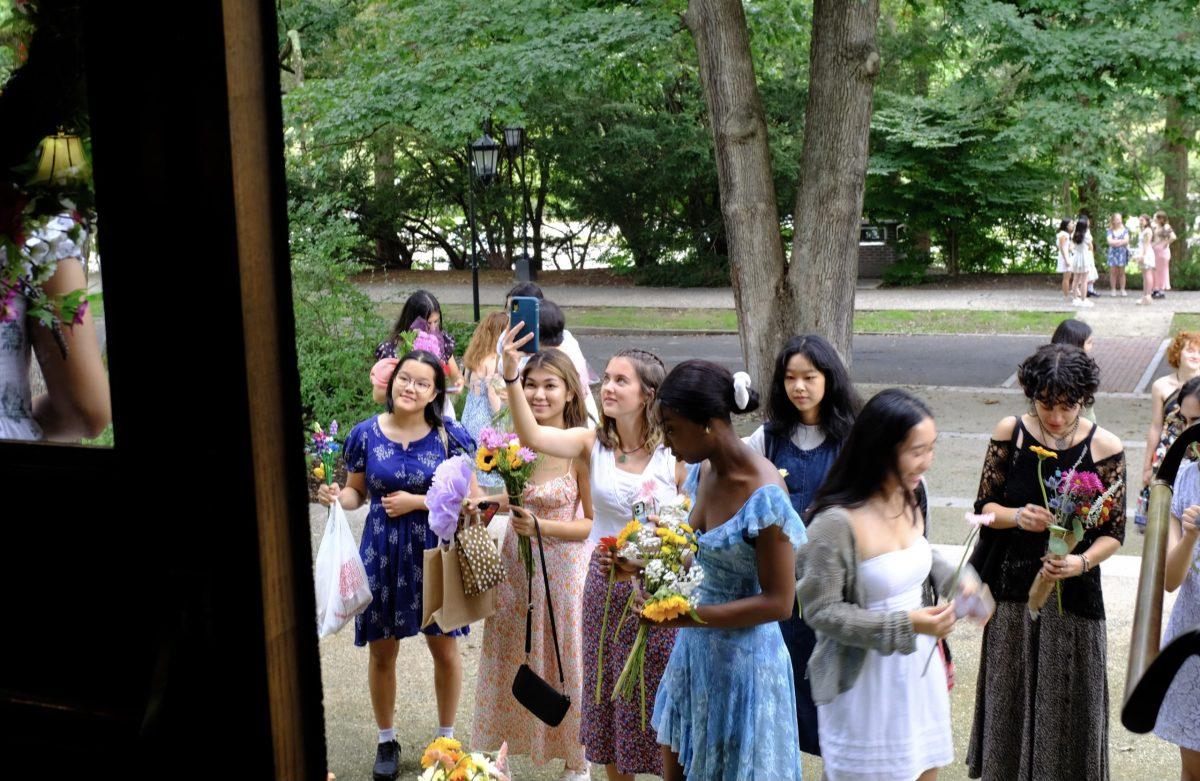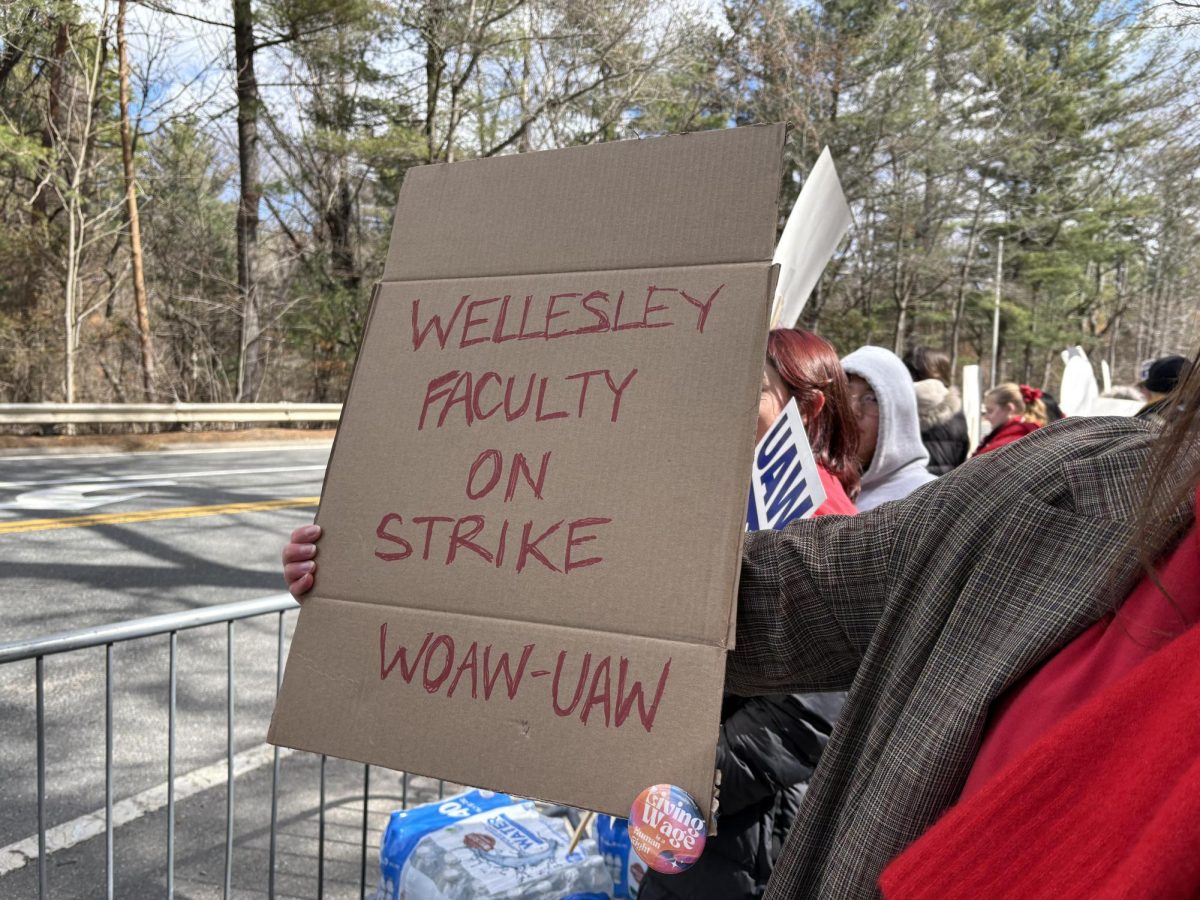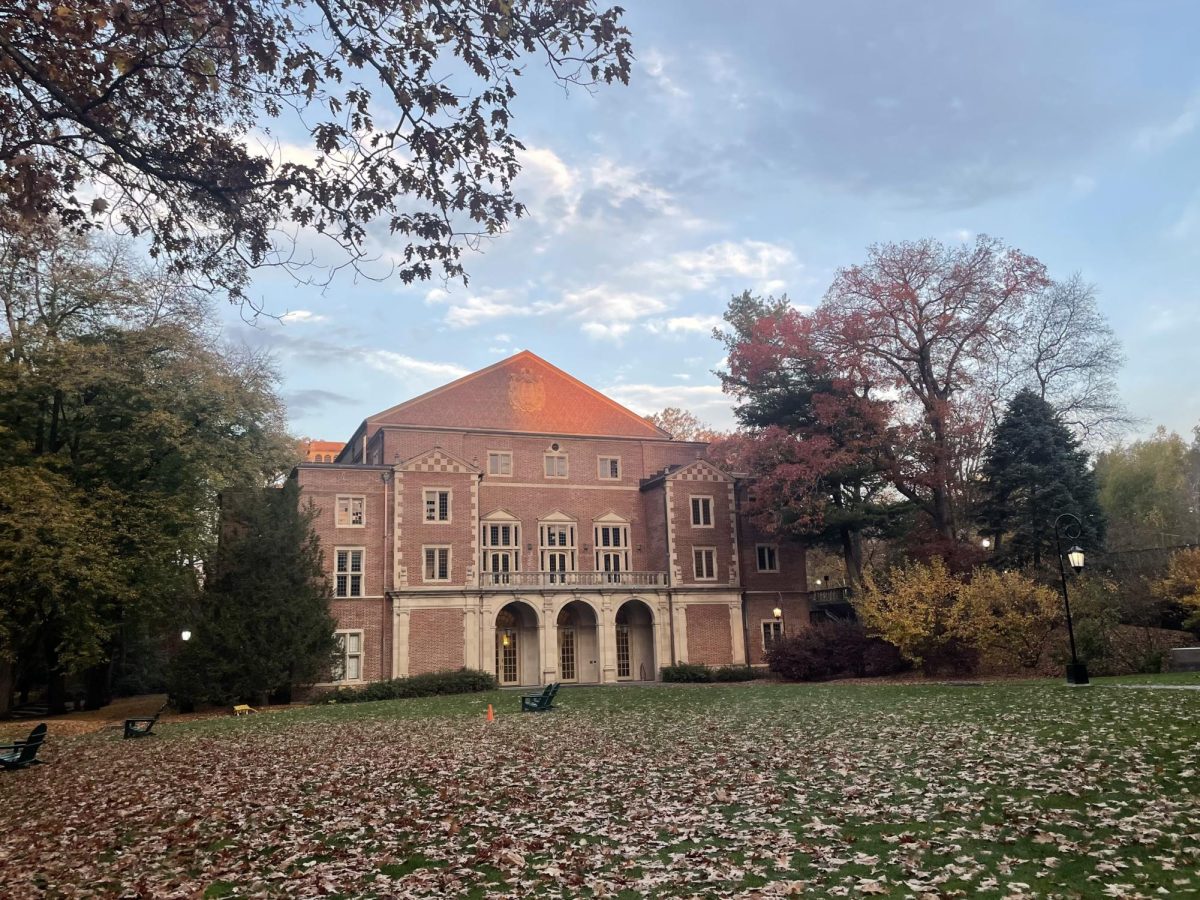The Admissions Office at Wellesley has spent the past few months reflecting on the demographic changes seen in the class of 2028, with a notable decrease in Black and and Latine enrollment at the College. As it goes into the admissions cycle to bring the Class of 2029, outreach and access remain a top goal in crafting a diverse class.
In June of 2023, the Supreme Court banned affirmative action, which had been practiced for decades in college admissions across the country. As schools dived into the 2023-24 admissions cycle, admissions offices had to reevaluate how their process was.
“We had to reevaluate how our admissions process would be and did not have that data point [racial or ethnic background] in this process … we were fortunate to have the concept of a holistic review process and looking at all the contents of an applicant’s admissions file,” said Peaches Valdes, Dean of Admissions and Financial Aid at the College, who is in her third year at Wellesley and has been working in the field for almost 35 years.
Wellesley wasn’t the only school to see these shifts in racial makeup of its admitted class. At Amherst, a fellow liberal arts institution, the share of Black students in the incoming class decreased by 11% to 3%. Similar trends were seen at MIT, Tufts and Harvard, alongside an increase in Asian enrollment. Meanwhile, at Princeton, Yale and Duke, Asian enrollment in the class of 2028 declined, suggesting that effects are not uniform across the board.
Valdes mentioned that the Admissions Office, to comply with the decision, did not look at the racial makeup of the applicant pool and admitted pool between October 2023 and July 2024, in order to not be influenced in any way. Now that the numbers are out, she emphasized that it’s important to remember that “this is not a sprint, it is a marathon that requires resources, dedication, and motivation. You have to have a very committed community to do this and bring diversity of all walks of life.”
Among various initiatives, the Office has reintroduced student-led tours that were on pause since the pandemic. Alongside, they are working to build a robust suite of virtual offerings and provide opportunities for students to learn about the college without having to travel. Wellesley VOICE, a virtual fly-in program, was hosted this past weekend and had 200+ students from around the world engage in a faculty round table, alumni chat and student-to-student chats, allowing them to meet possible peers and classmates as well.
The Admissions Office has been out on the road as well, traveling around the country and the world, visiting high schools, counselors and community based organizations, and bringing back that person-to-person connection. The Office has worked on interacting with prospective applicants both in the online and in school environments, allowing them to share their stories and see how Wellesley fits into their future.
Valdes highlighted the importance of the College as a whole to engage in outreach and making students feel that they have a place at Wellesley too.
“We want [prospective] students to hear from those who may not traditionally work in the office. It’s an awesome feeling when a parent talks to a random student on campus and they end up having a meal in Lulu … what students say and what they do and how they talk about this institution has a significant impact on a prospective student when they’re making a decision.”
Valdes encouraged current students to reach out to the Admissions Office, with the hope that more are interested in sharing their stories.
Many colleges offer alumni interviews to applicants as a way to better get to know the college. While Wellesley has not offered these interviews since the pandemic, the admissions team has partnered with alumni clubs across the country and found “creative ways for alumni to get involved.” While interviews are difficult to facilitate with close to 9000 applicants and interviewers are volunteers who are sharing their time, alumni will continue to be part of the outreach events as they evolve throughout the years.
Advice for future applicants to the College? “We value authenticity, sincerity, your voice,” emphasized Valdes. “Treat college applications as another high school class. Prepare early, know what story or narrative you want to share with the Admissions Office. Now is not the time for students to be modest. Be proud and confident about what you’ve achieved and what you hope to do in the future.”
Valida Pau contributed reporting to this story.
Contact the editor responsible for this story: Sazma Sarwar




